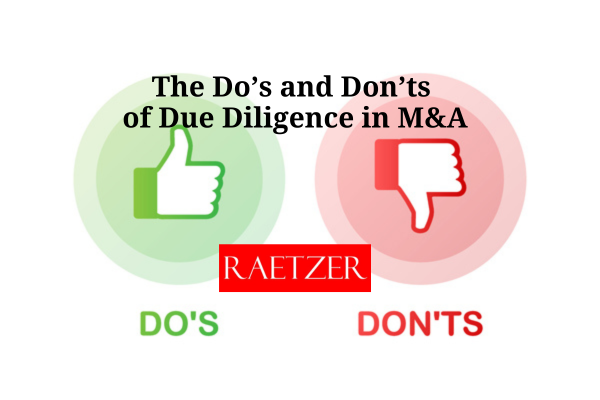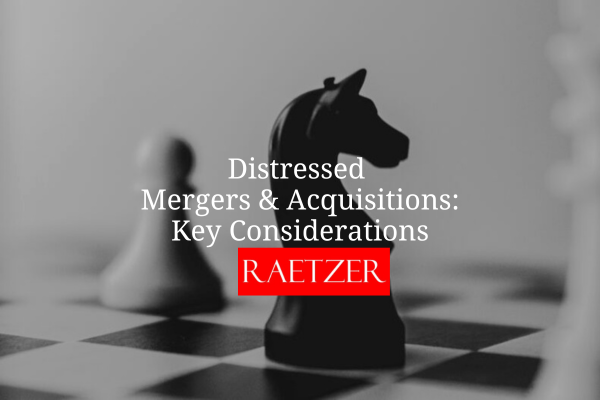Corporate acquisitions have the power to transform a company, enabling diversification, accelerating growth and even reducing competition (all within the boundaries of stifling competition or harming consumers of course!). However, the path to a successful acquisition requires meticulous planning and thorough due diligence to uncover potential risks and ensure the deal aligns with strategic goals. Here’s a quick guide to understanding M&A (mergers and acquisitions) due diligence and how to execute it effectively.
What Is M&A Due Diligence?
Due diligence is the process of thoroughly evaluating a target company before finalizing a purchase. It involves verifying financial, legal and operational details to identify potential issues and accurately assess the deal’s value. This step is crucial for several reasons:
- It corroborates the information provided by the target company.
- It uncovers potential problems, helping purchasers avoid bad deals.
- It establishes the actual worth of the transaction, ensuring informed negotiations.
The Dos of M&A Due Diligence
1. Take Your Time
Due diligence typically begins early in the acquisition process and can take anywhere from two to six months depending on the size of the target and complexity of its business. Rushing through this stage increases the risk of overlooking critical details that could derail the deal or result in a bad purchase price.
2. Assess Strategic Fit
Consider whether the acquisition aligns with your company’s long-term goals. Key questions to explore include:
- Cost Efficiency: Will acquiring a vendor or supplier reduce operational costs?
- Market Expansion: Does the acquisition open new geographic markets?
- Product Synergy: Can similar products or services be bundled to increase sales?
- Intellectual Property: Will access to trademarks, patents or trade secrets improve your offerings?
3. Stay Objective
Excitement over a potential deal can cloud judgment. Be thorough and critical, and don’t hesitate to walk away if red flags emerge. Review materials provided by the target company with skepticism, and consult with third parties who have worked with the business for additional perspectives.
The Don’ts of M&A Due Diligence
1. Don’t Rush the Process
Even if competing buyers are pressuring for a quick close, resist the urge to fast-track due diligence. A single oversight can result in a failed acquisition. If this deal isn’t right or the target is trying to rush, then it’s better to walk away – another opportunity will come along. Alternatively, the target may “wise up” and circle back on more favorable terms including provide adequate time to conduct due diligence.
2. Don’t Overlook Key Details
A comprehensive review should cover every aspect of the target company, including:
- Financial records: tax filings, debts, investments, and revenue forecasts.
- Intellectual property: trademarks, patents, and trade secrets.
- Contracts: vendor, client, and employee agreements.
- Executive backgrounds: experience, integrity, and reputation.
- Global operations: compliance and performance of overseas locations.
3. Don’t Skip Legal Representation
Engaging an experienced business attorney is non-negotiable. A skilled lawyer will know what red flags to look for, evaluate the fit of the acquisition, and draft robust terms to protect your interests.
4. Don’t Ignore Online Presence
While financials and legal matters often dominate due diligence, assessing a company’s online reputation is equally important. Examine:
- Customer reviews and complaints.
- Social media feedback and engagement.
- Business ratings on professional profiles and directories.
Negative trends online can reveal hidden issues that may affect the company’s brand or future revenue.
Minimizing Risk and Maximizing Value
M&A deals carry inherent risks, but a thorough and deliberate due diligence process can significantly reduce them. By verifying information, uncovering potential problems, and ensuring strategic alignment, you’ll be better positioned to make informed decisions and achieve a successful, profitable purchase. A careful approach to M&A due diligence not only minimizes risk but also sets the stage for long-term growth and success.




